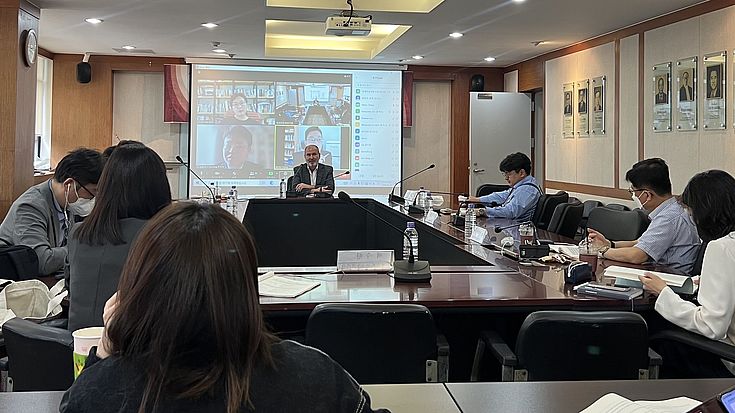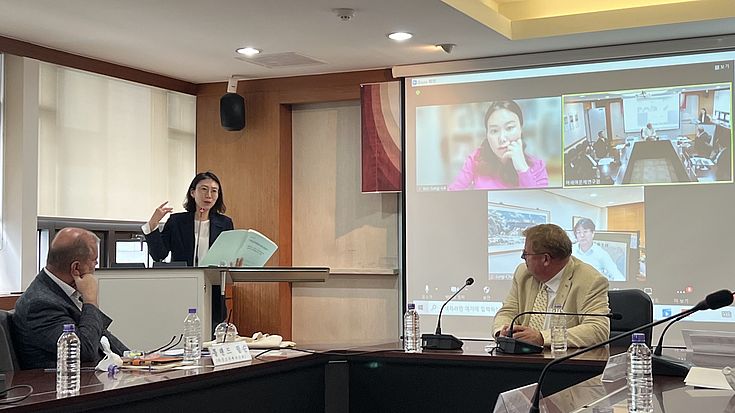Seminar
The Changing Maritime Strategy of Northeast Asia and Inter Korean Cooperation

The first session was coordinated to talk about the US, China, and Japan’s maritime strategy and the status quo of Northeast Asia. Dr.Roland Wilson from George Mason University Korea represented the United States’ Northeast Asia maritime strategy, professor Li Jia Chung from Liaoning University and Dr. Mitsuhiro Minura from the Economic Research Institute for Northeast Asia discussed China and Japan’s maritime strategy. In the middle of the conflicting regional and global orders, South Korea is an important strategic point. Especially, maritime strategy is part of the US’s Indo-Pacific Strategy and China’s Maritime Goals to peer to the US power. In the case of Japan, the Northeast Asia issue does not take a big portion of the marine strategy. However, there is a high possibility that disputes with China regarding international order related to maritime issues will increase in the future.

The main theme of the second session was the oversees of Inter-Korea relations and sustainable maritime cooperation. Professor Lee Joung-Chul from Seoul National University shared the prospects for Inter-Korean Cooperation. Dr. Yoon In-Joo, director of the Northern and Polar Regions Research Division shared North Korea’s maritime and fisheries sector in the midst of sanctions and the COIVD-19 pandemic. The last presentation was done by Professor Jeon Hee-Kwon at Inje University on sustainable maritime cooperation between South and North Korea. Dr. Bernhard Seliger from Hanns Seidel foundation participated in this session as a discussant. He asked about the supply and consumption situation of marine species in North Korea as the government blocks fishery and its exportation.
